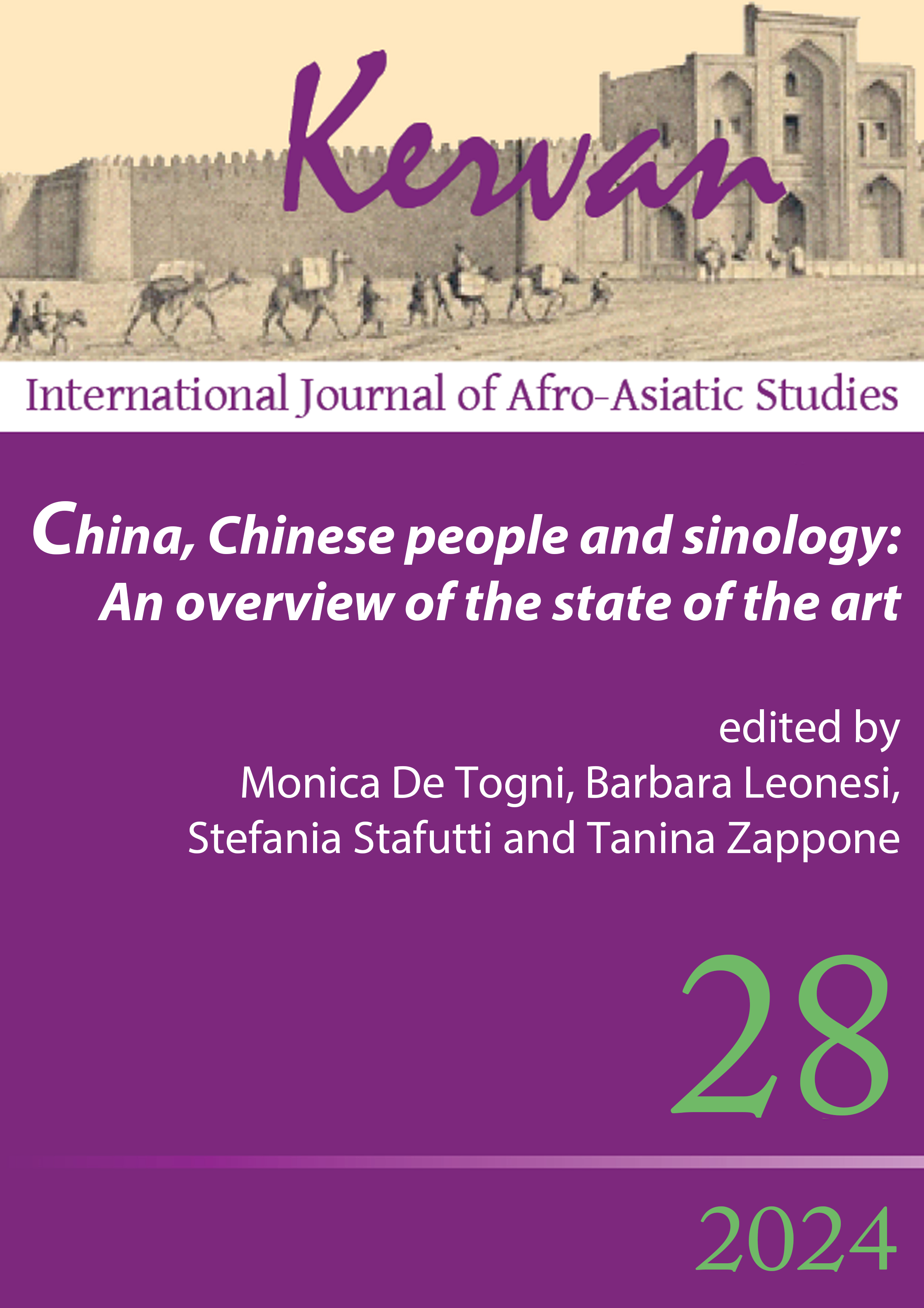Commemorating the PRC’s first artificial satellite: The contested legacy of “The East is Red-1” in today’s China
DOI:
https://doi.org/10.13135/1825-263X/11614Abstract
On the occasion of the fiftieth anniversary of the launch of the first Chinese satellite—“The East is Red-1” [Dongfang hong-1东方红一号 (DFH-1)]—an exhibition dedicated to it was held online on the website of the National Museum of China. Such an exhibition signals the on-going nationalist revival of the historical memory associated with the DFH-1 in today’s China. However, having been built during a time that remains a kaleidoscope of divergent memories—that of the Cultural Revolution—the satellite’s legacy remains contested too. Indeed, in the Party’s official historiography, the satellite has been presented as a survivor from the “ten years of chaos,” mostly thanks to the commitment of the Chinese scientists and of the far-sighted leaders Zhou Enlai and Nie Rongzhen. Conversely, for some current “leftist” stances, the DFH-1 did not “survive” the Cultural Revolution—it was one of its greatest outcomes. Aiming to discuss such disputed memories, this essay will first outline a brief history of the DFH-1, analyzing how the activities of mass factions had a harmful impact on its construction. Then, the paper will focus on the ways in which the history of the DFH-1 has been framed by the Party’s official historiography and contested by other unofficial “leftist” accounts—mostly untranslated and ignored by Western scholars—for example those that appeared on the “red websites” such as Utopia (Wuyouzhixiang 乌有之乡).
Downloads
Downloads
Published
Issue
Section
License
Gli autori che pubblicano su Kervan accettano le seguenti condizioni:
- Gli autori mantengono i diritti sulla loro opera e cedono alla rivista il diritto di prima pubblicazione dell'opera, contemporaneamente licenziata sotto una Licenza Creative Commons - Attribuzione che permette ad altri di condividere l'opera indicando la paternità intellettuale e la prima pubblicazione su questa rivista.
- Gli autori possono aderire ad altri accordi di licenza non esclusiva per la distribuzione della versione dell'opera pubblicata (es. depositarla in un archivio istituzionale o pubblicarla in una monografia), a patto di indicare che la prima pubblicazione è avvenuta su questa rivista.


 The articles that have appeared on Kervan since 2016 are rated as Class A in the system of National Scientific Qualification (ASN, disciplines 10/N1 and 10/N3).
The articles that have appeared on Kervan since 2016 are rated as Class A in the system of National Scientific Qualification (ASN, disciplines 10/N1 and 10/N3). The journal has been approved for inclusion in DOAJ. The DOAJ listing of the journal is available at
The journal has been approved for inclusion in DOAJ. The DOAJ listing of the journal is available at  The journal has been approved for inclusion in ERIH PLUS. The ERIH PLUS listing of the journal is available at
The journal has been approved for inclusion in ERIH PLUS. The ERIH PLUS listing of the journal is available at  Kervan was just accepted for indexing in SCOPUS. This important milestone ensures that articles published in Kervan are easily found when searching for library, archives and Information science and it enables Kervan authors to keep track of how often their article has been cited by others.
Kervan was just accepted for indexing in SCOPUS. This important milestone ensures that articles published in Kervan are easily found when searching for library, archives and Information science and it enables Kervan authors to keep track of how often their article has been cited by others.

